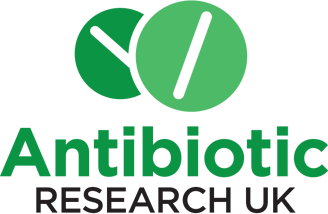Yesterday (20 April 2021) the UK Prime Minister Boris Johnson announced the launch of a new antiviral taskforce. It is charged with getting new two new treatments into people with a COVID-19 infection.
The aim is to have at least 2 effective treatments this year, either in a tablet or capsule form. The public can take these treatments at home following a positive COVID-19 test or exposure to someone with the virus. The new antiviral taskforce will sit alongside the government’s existing Therapeutics Taskforce. It will continue its vital work to identify and supply treatments found to be effective in clinical trials, for all stages of a patient’s exposure and response to COVID-19.
The UK has led the world in quickly testing drugs for their impact on COVID-19 morbidity or mortality. The government-funded RECOVERY trial became the first to identify the benefits of dexamethasone in reducing mortality in patients requiring oxygen support as well as in ventilated patients.
Dexamethasone has since been shown to have saved 22,000 lives in the UK so far and an estimated million worldwide.
More recently, the REMAP-CAP trial demonstrated the benefits of tocilizumab and sarilumab, as well as the RECOVERY trial. It found tocilizumab reduced the relative risk of death for patients on oxygen by 14%, when administered in addition to dexamethasone.
But what about antimicrobial resistance?
The scientific effort to combat the Sars-COV-2 virus stands in marked contrast to efforts to tackle Antimicrobial Resistance (AMR). According to a recent WHO Report ‘The world is still failing to develop desperately needed antibacterial treatments, despite growing awareness of the urgent threat of antibiotic resistance, according to report by the World Health Organization. WHO reveals that none of the 43 antibiotics that are currently in clinical development sufficiently address the problem of drug resistance to the world’s most dangerous bacteria’.
We have long argued that in order to tackle the paucity of new antibiotics in the pipeline that new thinking is needed especially in funding basic science through our proposed AMR Fund. Whilst there are multiple organisations funding the advancement of molecules from early to late stages including CARB-X, GARDP, the AMR Action Fund and the Novo Repair Fund none of these funds are supporting basic academic science research. Nor do any of these funds support the Third Sector which with its not-for-profit ethos is ideally placed to make a difference. That is why charities such as Antibiotic Research UK must be asked to play a bigger role in tackling AMR.
If you want to help us in our fight against antimicrobial resistance please consider making a DONATION or become a volunteer.

